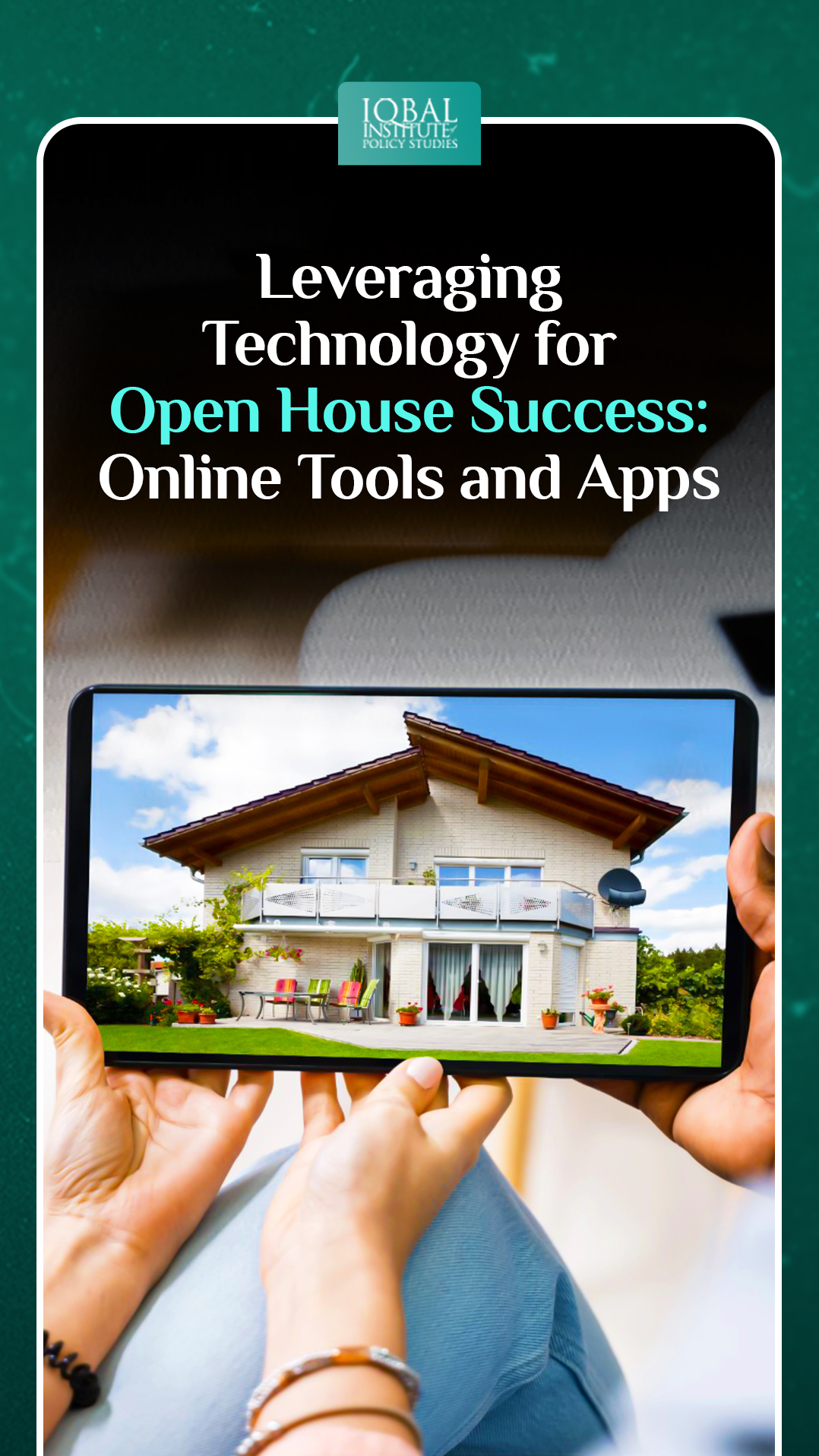Open houses are a fundamental part of the real estate industry, serving as a bridge between prospective buyers and the properties they aspire to own. Traditionally, these events were conducted in person, relying on printed brochures, physical tours, and face-to-face interactions. However, with the rapid advancements in technology, the real estate sector is undergoing a transformation. Real estate professionals are now leveraging an array of digital tools and applications to revolutionize the open house experience. In this extensive blog, we will explore how technology is reshaping open houses, making them more convenient, efficient, and ultimately more successful. We’ll delve into various online tools and apps that real estate agents can incorporate into their strategies to streamline the open house process and boost their chances of closing deals effectively.
Virtual Tours and 3D Walkthroughs
Perhaps one of the most remarkable advancements in open house technology is the advent of virtual tours and 3D walkthroughs. These immersive experiences have redefined how potential buyers explore properties, allowing them to navigate every corner and room from the comfort of their own homes. Tools such as Matterport and Zillow 3D Home have simplified the process of creating these virtual experiences. The advantages are manifold: not only do they attract more potential buyers, but they also help filter out those who may not be genuinely interested. This not only saves time for real estate agents but also enhances the experience for buyers, who can focus their efforts on properties that truly pique their interest.
Online Listings and Database
A robust online presence is essential for open house success. Real estate agents are leveraging platforms such as Zillow, Realtor.com, and Redfin to list their properties comprehensively. These listings are complete with high-resolution images, detailed descriptions, and interactive maps. Buyers can easily search for open houses in their desired locations, making it simpler for agents to target their ideal audience. Additionally, these platforms provide a wealth of information and analytics that agents can use to refine their marketing strategies and reach potential buyers more effectively.
Scheduling Apps and Platform
Coordinating open house events can be a logistical challenge, particularly when dealing with multiple properties. Fortunately, scheduling apps like Calendly and ShowingTime have emerged to simplify this process. Real estate agents can set available time slots for open houses and enable potential buyers to book appointments online. This not only ensures a smoother experience for visitors but also helps agents manage their time more effectively, allowing them to focus on delivering a personalized experience to each attendee.
Mobile Apps for Agents
Real estate agents are constantly on the move, which makes mobile apps indispensable for staying organized and responsive. Apps such as DocuSign facilitate the electronic signing of contracts and documents, reducing the need for in-person meetings. Evernote and Trello are other examples of apps that assist agents in managing their to-do lists, client information, and property details directly from their smartphones. These tools empower agents to be more agile and responsive in a fast-paced industry.
Video Conferencing and Live Streaming
In an era marked by social distancing and travel restrictions, real estate agents have turned to video conferencing platforms like Zoom and Skype to conduct virtual open houses. Through these platforms, agents can offer real-time property tours, answer questions, and provide a personalized experience to remote attendees. Live streaming on social media platforms such as Facebook and Instagram has also gained traction, allowing agents to reach a wider audience and generate excitement around their open house events. This hybrid approach combines the convenience of virtual tours with the interactivity of in-person open houses.
Analytics and Data Tools
Technology not only plays a role in conducting open houses but also extends to data analysis. Tools like Google Analytics and heatmapping software provide invaluable insights into how visitors engage with online listings. By analyzing user behavior, real estate agents can refine their marketing strategies, improve the presentation of properties, and target their efforts more effectively. For example, they can see which listings receive the most views, the average time spent on each page, and which features of a property generate the most interest. Armed with this information, agents can make data-driven decisions to enhance their open house experiences.
Smart Home Technology
Modern properties equipped with smart home technology are increasingly attractive to buyers. Real estate agents are leveraging this technology to showcase homes during open houses. They demonstrate how properties can be controlled and automated using smartphone apps or tablets. This hands-on experience can significantly influence the purchasing decisions of tech-savvy buyers. Whether it’s controlling lighting, thermostats, security systems, or even appliances, smart home technology adds a layer of convenience and desirability to properties.
Social Media Marketing
Leveraging social media platforms such as Instagram, Facebook, and Pinterest is another essential aspect of open house success. Real estate agents are harnessing these platforms to create visually appealing posts, share virtual tours, and engage with potential buyers directly through messaging and comments. Paid advertising on these platforms can help agents reach a broader audience by targeting specific demographics, interests, and geographical locations. Social media provides a dynamic space for storytelling, allowing agents to highlight the unique features of a property and build excitement around their open house events.
Conclusion
In conclusion, technology has transformed the way open houses are conducted, elevating them to new levels of accessibility, efficiency, and appeal for both buyers and sellers. By embracing a wide range of online tools and apps, real estate agents can enhance their open house events, reach a broader audience, and ultimately increase their chances of closing deals successfully. In a rapidly evolving real estate landscape, those who harness technology effectively will find themselves at the forefront of the industry. They will provide innovative solutions for their clients and adapt to the changing expectations of modern buyers, ultimately setting the stage for continued success in the dynamic world of real estate.
This article is written by Radma Nouman. Radma is a research analyst at the Iqbal Institute of Policy Studies (IIPS).



Leave a Reply